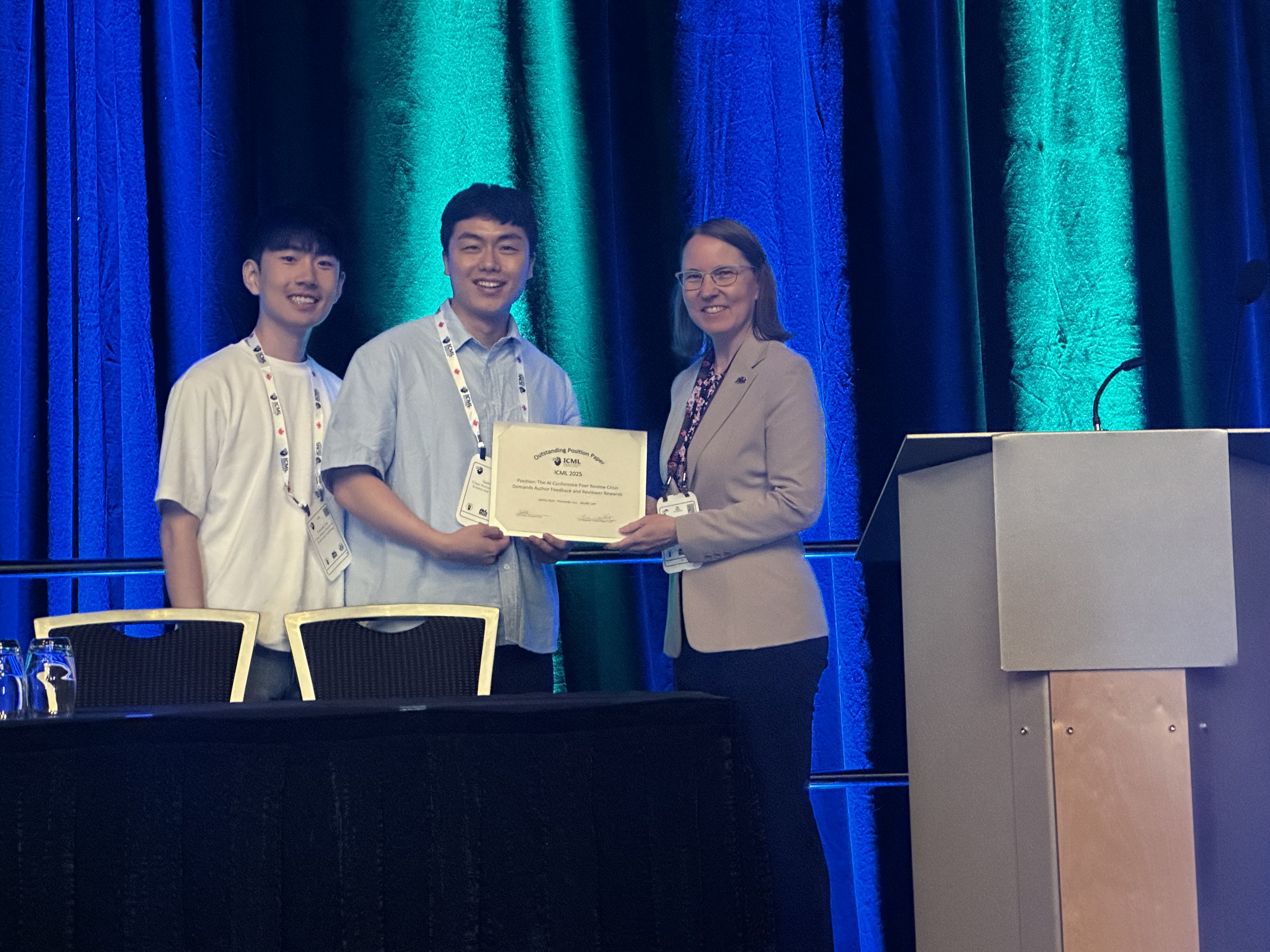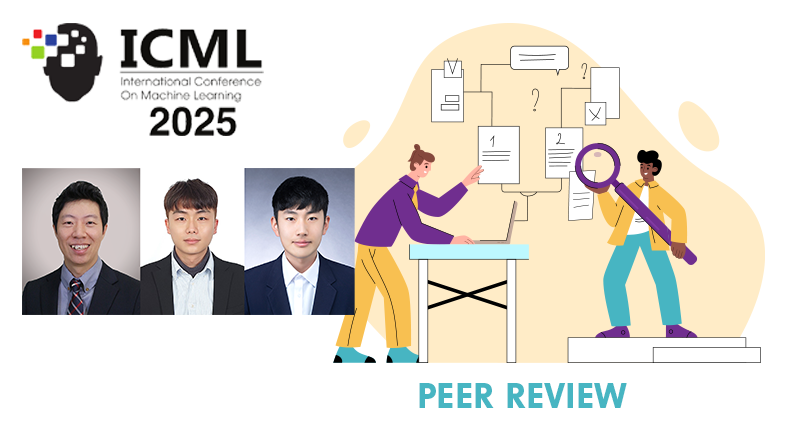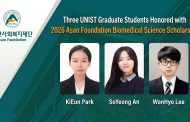A research team, led by Professor Seulki Lee from the Department of Computer Science and Engineering at UNIST has been honored with the Outstanding Paper Award at the International Conference on Machine Learning (ICML), one of the world’s premier artificial intelligence (AI) conferences. This marks the first time a Korean team has received this accolade at ICML.
The award-winning study critically examines the current peer review system employed by AI conferences and proposes innovative solutions to address its shortcomings. Peer review, a process where experts in the field evaluate submitted manuscripts anonymously to determine their suitability for publication, is fundamental to maintaining research quality. However, with a surge in submissions—particularly within AI—the system faces challenges such as reviewer shortages, compromised review integrity, and over-reliance on generative AI tools, often leading to superficial or uncritical evaluations.
In response, Professor Lee’s team introduced a novel framework that enables authors to evaluate reviewers’ feedback in a reciprocal manner and incentivizes reviewers through appropriate reward mechanisms.
JaeHo Kim, the first author of the study, stated, “Our approach provides a practical alternative that fosters accountability and motivation among reviewers. We are pleased that our work has garnered international recognition, and Open Philanthropy, a global charity organization, has approached us for potential collaboration.”

The research team alongside ICML Position Track Chair Dr. Kiri Wagstaff during the award ceremony in Vancouver, Canada.
Despite rapid advancements in AI technology, the academic and research community frequently notes that institutional systems and cultural norms—such as peer review practices—remain largely unchanged. The establishment of dedicated ‘Position Tracks’ at conferences like ICML and NeurIPS reflects efforts to expand research areas beyond traditional algorithm development, focusing instead on policy, ethics, and societal implications of AI. Introduced in 2024, ICML’s Position Track emphasizes rigorous analysis and debate on these critical issues, requiring submissions to meet high standards of logical coherence, empirical support, and academic rigor.
Co-first author YunSeok Lee commented, “The peer review enhancement methods proposed in our study are applicable not only within AI but also across various scientific disciplines, including medicine, biology, and chemistry—any field that relies on peer-reviewed publication processes.”
Professor Lee further remarked, “As AI technology continues to evolve rapidly, it is crucial that institutional frameworks, research culture, and societal norms adapt accordingly. Our study exemplifies a balanced approach that integrates technical innovation with policy and ethical considerations.”
The award presentation ceremony was held on July 15 during the ICML annual conference in Vancouver, Canada.
Founded in the late 1980s as an independent conference after originating from a workshop under the American Association for Artificial Intelligence (AAAI), ICML has grown into one of the “Big Three” AI conferences alongside NeurIPS and ICLR. The conference receives over 12,000 submissions annually, with acceptance rates around 20%. This year, out of 12,107 submissions, only 3,260 papers were accepted.
This research was supported by the Ministry of Science and ICT (MSIT) and the National Research Foundation of Korea (Grant RS-2023-00277383), the Institute of Information & Communications Technology Planning & Evaluation (IITP) through the AI Graduate School Program (RS-2020-II201336), and Google Cloud’s Gemma 2 Academic Program.







![[2026 UNIST Matriculation] “Design Questions the World Has Never Seen!”](https://news.unist.ac.kr/wp-content/uploads/2026/02/사진-박종래-UNIST-총장이-2026년-입학식사를-전하고-있다-1-1-190x122.jpg)
![[2026 UNIST Commencement] “Become Way Makers Who Open Paths Where None Are Drawn!”](https://news.unist.ac.kr/wp-content/uploads/2026/02/사진-박종래-총장이-UNIST-학위수여식사를-전하고-있다-3-1-190x122.jpg)
![[2026 UNIST Commencement] Voices of Class of 2026](https://news.unist.ac.kr/wp-content/uploads/2026/02/Untitled1-190x122.jpg)


